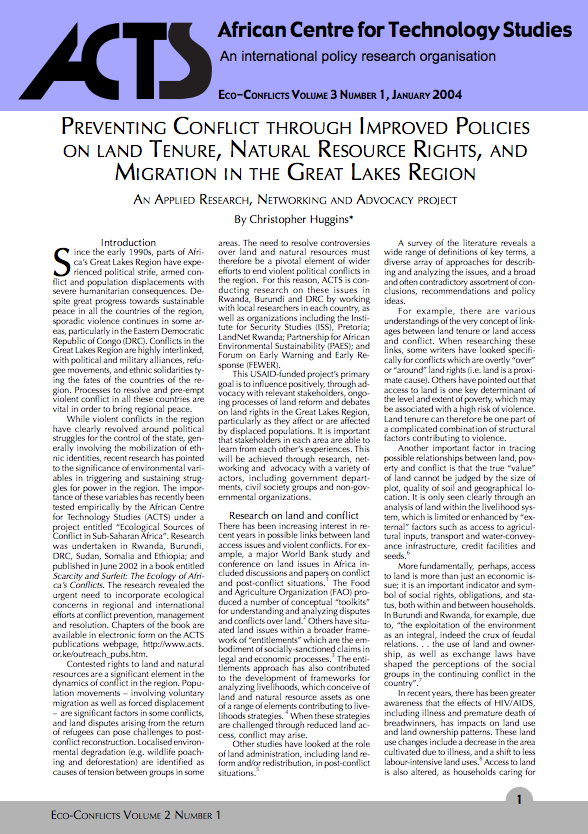Collaborative management of forests
Millions of the rural poor now participate in collaborative forest management schemes under a variety of tenurial and organizational arrangements.We examine those arrangements and ask whether local people have indeed gained more access to benefits from and control over forests. Our findings suggest that most co-management projects actually maintain and even extend central government control. -- from Text.









